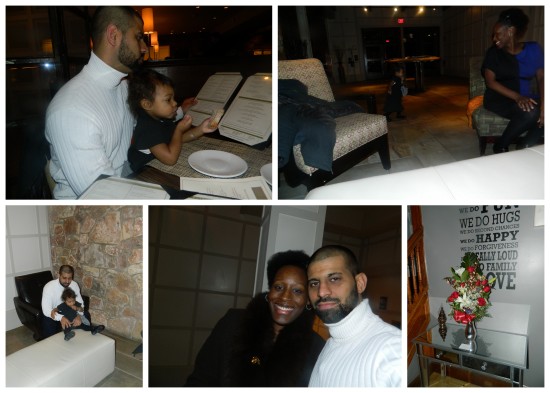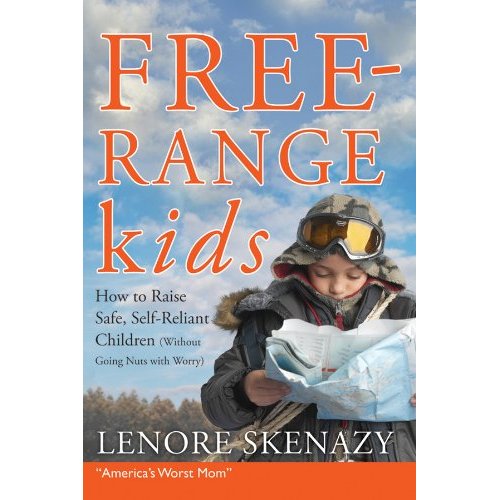I've been out of commission for three days. On Friday, we celebrated our 4 year wedding anniversary and my seventh month of pregnancy. We made the journey over to Warren, NJ to the Stone House Restauant at Sterling Ridge for dinner. Soon after returning home I began to feel queasy. This queasiness turned into a hacking cough, noise bleeding, abdominal aching, five pound weight loss, bedroom quarantined extended vacation. I'm at about 50% now, ready for work tomorrow. Thank goodness there will be no students at school this week for me, so I can be sick in peace. I went to the dollar store and purchased disposable face mask I plan to wear until I beat this cough. I know I'll be getting some strange looks, but who cares. When I had to go to Trader Joe's on Sunday, I wore one and people look at me like I had leprosy. Can't wait for my morning commute :-|. Also on Thursday I go for the glucose screening, with a five pound weight loss I know I'm going to get a lecture from my midwife -- I CAN'T WIN!

Back in June I began to construct this post and never completed it, so here is the finish product.
As a part of my "Mommy's Book List" here, I read Free-Range Kids by Lenore Skenazy. It was an excellent, quick read. I highlighted almost every other sentence in the book, I was so engaged. The book is divided into two parts: (a) The Fourteen Free-Range Commandments and (b) the Free Range Guide to Life. In part two of the book an A-Z review of everything a parent might be worried about is provided with statistically data to support how unnecessary some of the worry is. At the end of each chapter Skenazy offers advice on three levels: Free-Range Baby Step, Free-Range Brave Step, and One Giant Leap for Free-Range Kind. In this post I will highlight a few of the more interesting facts I learned from part one of the book.
Topics for Further Research
- The Science of Fear, Daniel Gardner
- The Myth of the First Three Years, John Bruer
- A Nation of Wimps, Hara Estroff Marano
- Pressured Parents, Stressed-Out Kids, Grolnick
P 54
"The problem is, if you picture the very worst outcome of every very safe endeavor, there is no way you can enjoy life. All you can do is smother it."
P 55 "Constant supervision" "Issue of control"
"Cell phone umbilical cords" p 57
P 79 Help your child, age nine or up, find an 'apprenticeship'.
P 85 Unsupervised playgrounds seem to be the norm in most countries, freeing up parents to do other things if they choose.
P 86 Parents in other countries just seem to trust their children and their fellow citizens more. Or at least, parents in non-English-speaking countries seem to.
p 87
Cultural fear
P92
Control is a figment of our imagination. Seeking it only makes us more anxious. It certainly isn't required for good child rearing. And to the extent that we do manage to solve all our children's problems- or keep those problems from ever even popping up- we are doing them a disservice. Not a fatal one that will stunt our children forever. But still, we are steering them away from the real source of confidence and independence, which comes from navigating the world and its surprises. Especially the unpleasant ones.
P 94
The idea is that if you're worrying, then you're doing the right thing - Lawrence Balter, editor of the encyclopedia Parenthood in America. Worrying "is like a demonstration to yourself that you're being responsible" it has become our national pastime.
P 96
The assumption behind constant availability is that there are problems facing your child that must be solved, immediately, by you. The assumption behind that assumption is that you, the parent, are capable of solving all problems. And the secret assumption behind the assumption behind the ... Whatever, is that your child is helpless without you. So if you don't solve each and every problem, he's sunk, and you haven't done your job.
P 99
In terms of parenting, the way to gradually desensitize ourselves to the fear of letting our kids go is to - you guessed it- gradually start letting them go.
Peter Stearns, the Anxious Parents author, recommends letting kids walk to school without you starting in first grade.
If you can just put the risk in perspective, the fear gets put in perspective too.
"Don't go off with strangers" versus "don't talk to strangers"
P 104
... We are not just the results of how our parents raised us
Bottomline: Life = Risk (from www.wimp.com)


